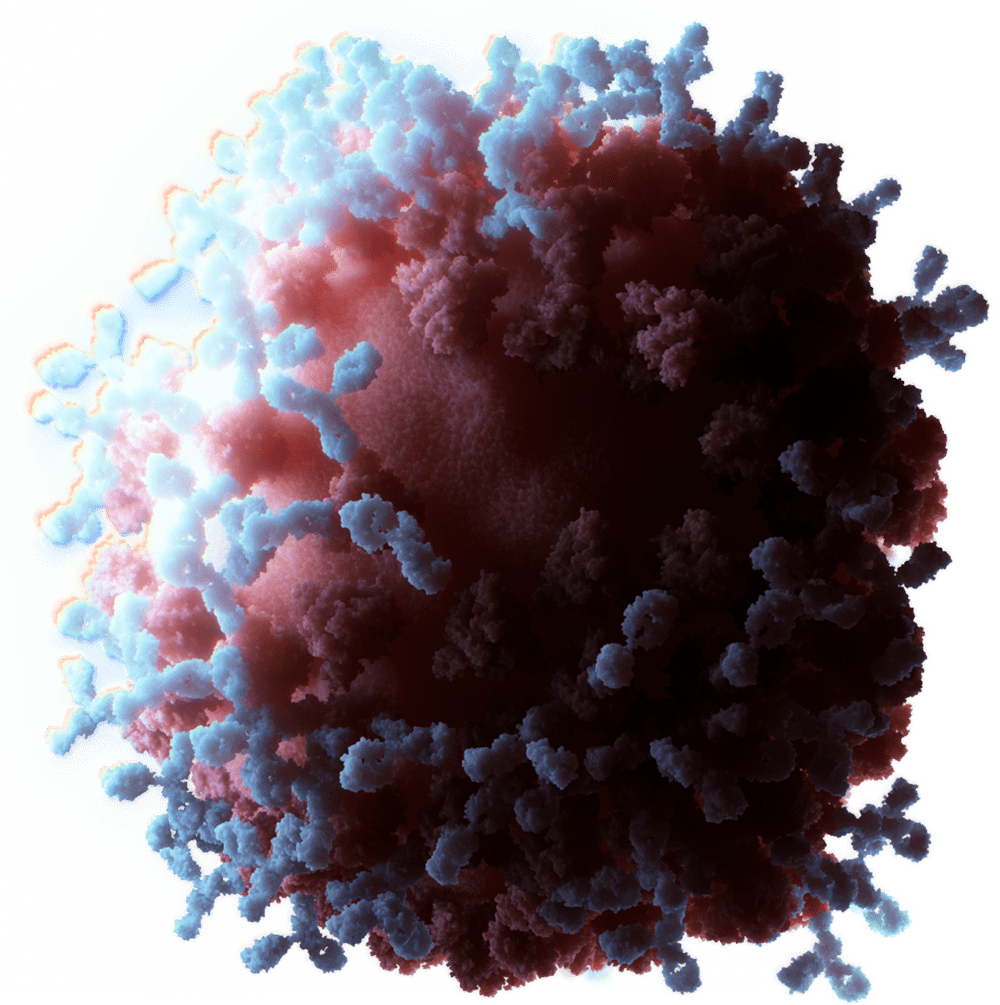
In October our department hosted a Celebration of Life for the late Edmond H. Fisher. Eddy, as he liked to be called, was a professor of biochemistry at the University of Washington for most of his long life and, together with his close departmental colleague Edwin G. Krebs, received the Nobel Prize in Physiology or Medicine in 1992.
“Eddy embodied the very best of scientific inquiry: the joyful pursuit of intellectual curiosity [and] the power of collaboration amongst those who speak that universal language of science,” said UW President Ana Mari Cauce at the introduction of the ninety-minute event. “I love the fact that he exhibited the same values of Joy, kindness, and curiosity both in the lab and outside of it. All of us here in the academy share the same values that drew Eddy to his lab and to his work here, and as part of an academic community, we can honor his memory through our own joyful pursuit of knowledge.”
At the Celebration, Frank Fischer, a son of Eddy’s, announced that the Fischer family will be donating their father’s Nobel prize certificate and medallion to the UW Department of Biochemistry.
The impact of Eddy’s scientific research — including the discovery of reversible protein phosphorylation — was summarized at the event by Sir Philip Cohen, a professor at the University of Dundee and former Fischer lab postdoc (‘69-’71). At the time of Fischer and Kreb’s key breakthrough, according to Cohen, “protein kinases were not thought to be suitable targets for drug development, and pharmaceutical interest in this area was virtually nonexistent. Fortunately, Eddy lived long enough to see his discovery applied in ways that have saved millions of lives.”
“Alterations in kinases and phosphatases cause cancer and other diseases,” explained Cohen. “The first drug developed by targeting a specific kinase transformed CML, a type of leukemia, from a rapidly fatal disease to a manageable condition when it was first used in 1998. This transformed the pharmaceutical industry’s perception of kinases as drug targets, and remarkably 75 kinase-inhibiting drugs have been approved so far in the twenty-first century, transforming the clinical care of lung, skin, and other cancers, and now beginning to have an impact on inflammatory diseases like rheumatoid arthritis. There are hundreds of other drugs that target kinases that are still under development and undergoing clinical trials.”
Other colleagues spoke about the enduring impact of Eddy’s work, but many individuals who knew him well also shared stories about the personal side of Eddy.

Eddy’s life partner Lisbeth Pisk recalled that as recently as this summer, the two “enjoyed good times in the sun.” The couple prepared meals together for their family and friends as Eddy remained an active player in the lives of those he loved. “Now memories of Eddy will continue to bring joy,” she said.
Other members of the Fischer family shared memorials as well, including his granddaughter Elyse Fischer who recently wrote her doctoral thesis on work that builds upon the discoveries of her grandfather.
“Eddy was known to be a phenomenal mentor to many students, [but] it took me a long time to fully appreciate just how much Eddy promoted and supported my career across my entire life,” said Elyse. “Eddy never tried to tell me what path to take but always wanted me to follow my own curiosities. He also knew I was often too stubborn to listen to his advice, so he found ways to silently support me.”
“One of my favorite early memories was in my first semester at university when I had to write an essay on James Watson’s book The Double Helix, [which is] about his and Crick’s discovery of the structure of DNA. I sent my essay to Eddy hoping he’d be proud of my work. He quickly wrote back: ‘Your essay was wonderfully written, but why the hell are they only having you write about Watson and Crick? You should be writing about Rosalind Franklin.’”
“A week later I received by mail The Dark Lady of DNA with a note from Eddy: “Write your essay on this book.” Rosalind Franklin made very important contributions to the discovery of the structure of DNA which were largely unrecognized in her lifetime. To me, Eddy’s no-nonsense support of Rosalind did a lot to bolster my confidence in science, especially as a woman in science. I know that he will continue to be my scientific cheerleader for the rest of my life.”
David Barford, a Group Leader at the MRC Laboratory of Molecular Biology and doctoral advisor to Elyse, shared that Eddy was “rightly very proud” of his granddaughter. “We in the wider Fischer scientific family are delighted that Elyse is continuing the scientific journey started so prudently by Eddy.”
